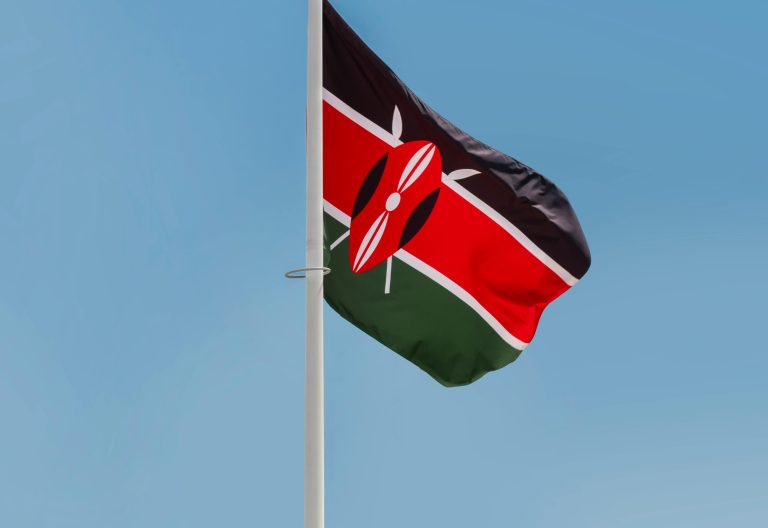Probe embassy-linked trafficking of Kenyans

As we have consistently pointed out in this paper, exporting migrant labour can be immensely beneficial to Kenya.
According to the Foreign Affairs Ministry, Kenyan migrant workers contribute to the growth and development of the country.
Properly managed migration benefits the countries of origin, transit and destination through skills transfer and income generation for the migrants and families, as well as increasing Kenya’s GDP through taxation of remittances.
The major concern is around the safety of Kenyan migrant workers in host countries.
Most of them end up in torture camps with their rights to movement curtailed.
Most of the job seekers do not have the information that they need during pre-departure, travel and transit, working and living outside the country, return and reintegration.
That is why we are disturbed by reports that desperate jobless fresh university graduates were lured by fake recruitment agencies who collude with some staff at an embassy in Nairobi into signing for jobs in Thailand, only to end up in forced labour camps in Myanmar.
Though the government insists that only about 1,000 Kenyans, mostly aged between 19 and 35, are suspected to be stranded in labour camps in Myanmar, indications are that the figure could be as high as 7,000.
The gullible Kenyans are kept in slave-like conditions and forced to work long hours with little or no pay, after first being asked to pay Sh1 million.
Kenya’s ambassador to Thailand, Lindsay Kiptiness, says the situation has reached a “crisis level” and cautions people applying for jobs online, particularly in South East Asian countries such as Thailand, India, Bangladesh, China and Laos.
The Kenyans are victims of a cartel of unscrupulous recruitment agencies and their agents at the Thailand embassy in Nairobi.
We ask the relevant agencies to investigate the matter and ensure that the culprits face the full force of the law.
And while the desperation that comes with joblessness is understandable, Kenyans should be wary about the countries they travel to in search of economic opportunities.














